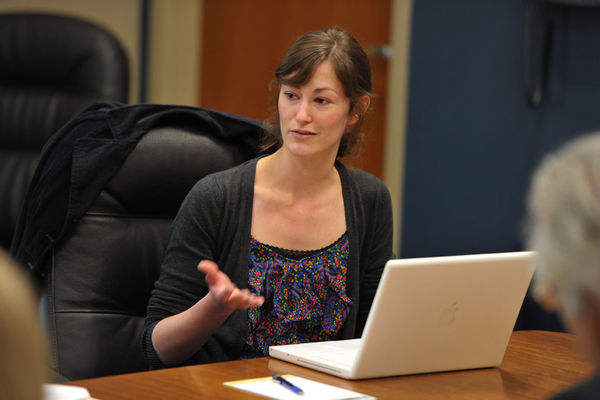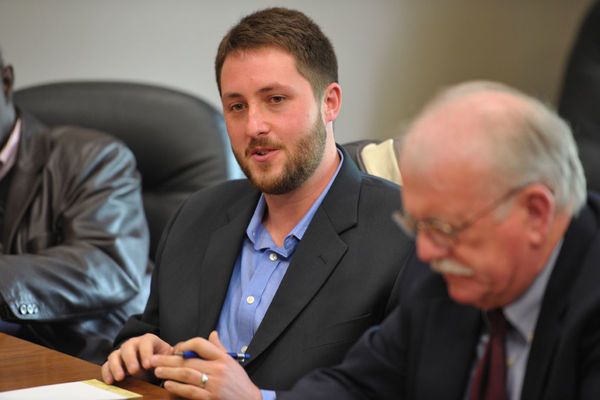Opportunities for Graduate Students

Mellon Fellows (for incoming students)
The Mellon grant provided funding to recruit and support high-caliber graduate students at Notre Dame who work on religious themes in a variety of disciplines in ways that are likely to foster the integration of religious knowledge into the study and teaching of their academic disciplines.
Funding has been awarded to the best students in competition across eight programs or departments: English, History, Literature, Medieval Studies, Sociology, Philosophy, Political Science, and Theology (in the case of Theology, grants will be restricted, in concert with Mellon Foundation policy, to students engaged with religion as humanistic, rather than confessional, inquiry).
Mellon Summer Stipends (for continuing students)
The grant supported a competitive program for continuing students who sought one-time Mellon Summer Stipends of $6,000. The Mellon Summer Stipends were designed to aid students with their research and writing, in many cases their dissertation, offering them concentrated time for study and intellectual and scholarly advancement. These funds were in addition to what the students were already receiving, so, in essence, they earned an extra summer of funding.

Mellon Research Support
Mellon Fellows and recipients of Mellon Summer Stipends, were eligible to compete for research funding and conference travel through a one-time fund supported the Mellon Foundation.
Mellon Workshops
Each semester, we invited all of the students, Mellon Fellows and the recipients of Mellon Summer Stipends, together for a half-day or day-long workshop or conference format to have a number of the students present the results of their research to one another and to discuss overarching questions relating to the academy, including most prominently the study of religion in the disciplines and strategies for their own advancement as scholar-teachers.
Examples of worskop topics included strategies for working on religion in the diverse landscape of higher education; a common discussion about the vocation of a faculty member; a broader discussion on issues in higher education, including also practical issues of professionalization; a set of presentations on what great questions lie behind the research projects in the diverse disciplines; discussions of common readings on higher education and on religion; workshops on teaching in the liberal arts; and straightforward presentations of student research. The set of workshops not only provided another venue for them, it enhanced their integration into the wider intellectual community, helped them learn to cross disciplinary borders, and provided another avenue for their professional development.
For questions, please contact the Graduate School.
